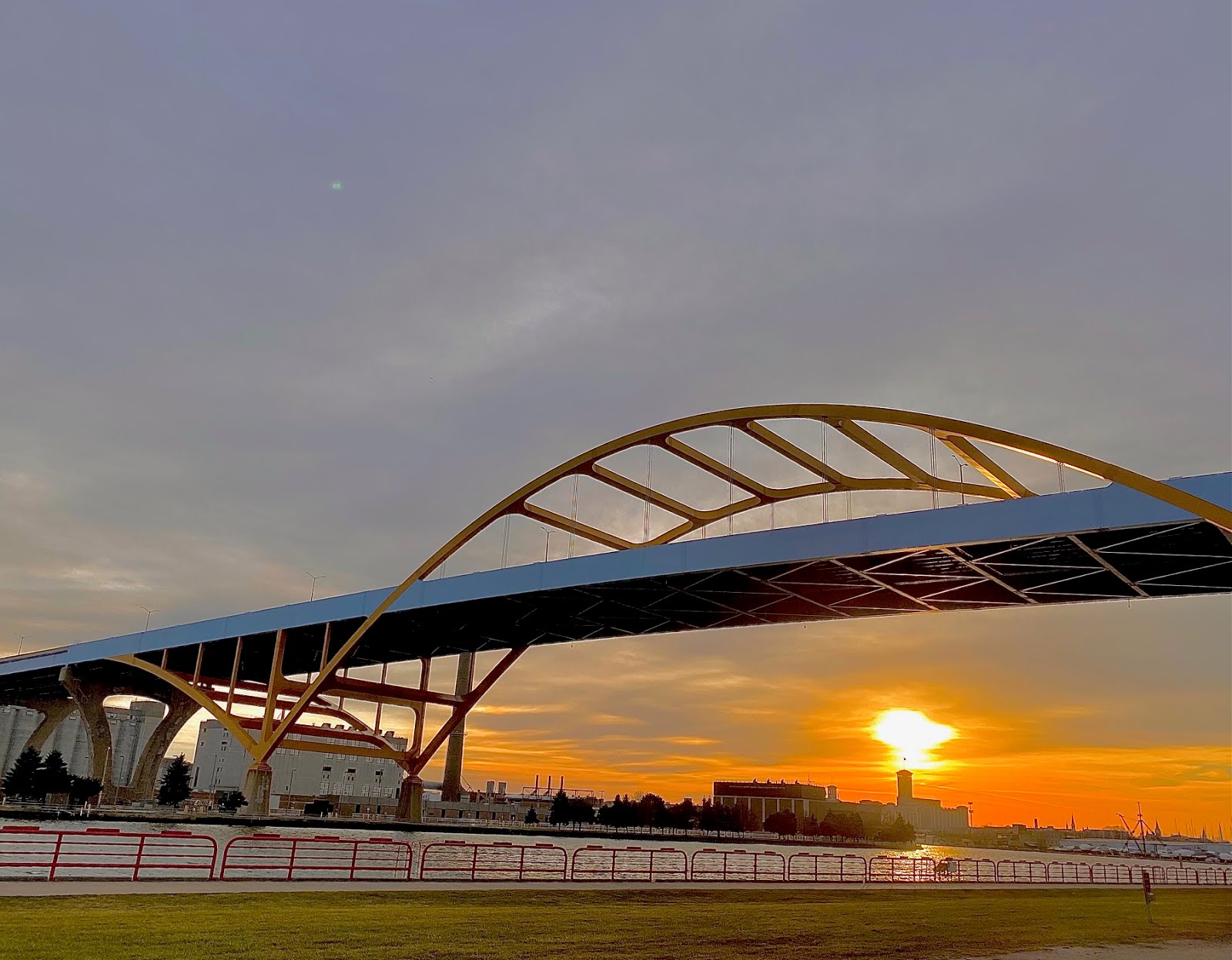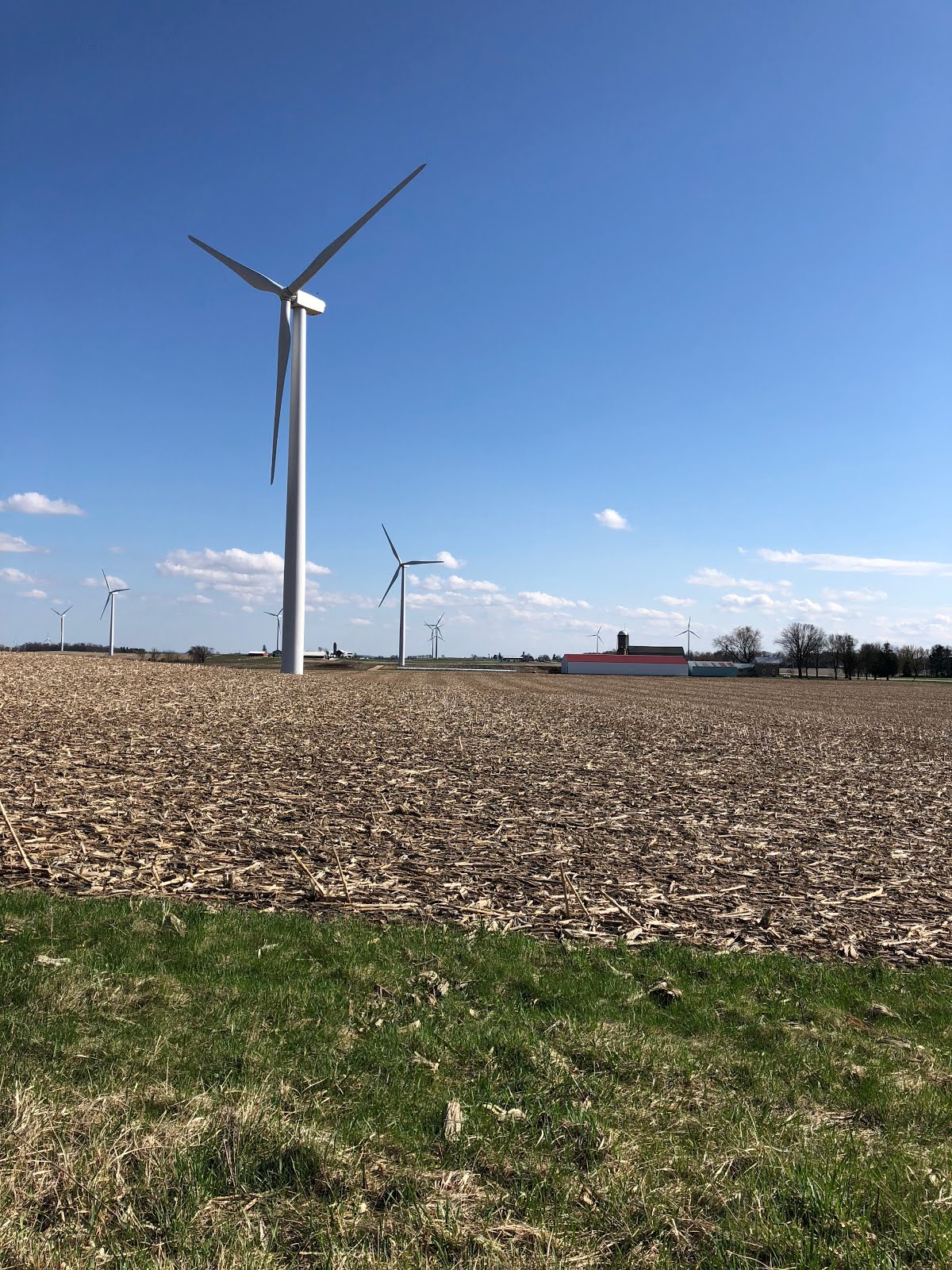Superior's Future - - The City And The Lake's - - Has An Oily Feel
News and blogger accounts of the probable expansion of Murphy Oil's Superior, WI refinery have been bubbling to the surface.
The Arkansas-based company is seeking a deeper-pocketed partner to finance up to $6 billion of development to bring its 35,000-barrel-per-day Lake Superior refining operation to 235,000 barrels-a-day.
What's fueling such a substantial increase, and along with it, the potential for major wetlands-fillings around the company's existing site and possible pollution to Lake Superior, the cleanest of the five Great Lakes?
Certainly the company wants to make money, but there's a bigger story, and the San Francisco Chronicle's award-winning energy reporter Robert Collier has been all over it.
More than two years ago, Collier went to Alberta, Canada and wrote extensively about the vast tar sand oil resource there, and how squeezing thick crude from the sands requires massive amounts of water and energy.
And where will a lot of that crude be headed?
Down the pipeline to Superior and other US refineries - - construction of which has already led to scores of documented improper wetlands' incursions and violations that does not bode well for its operations once it's up and running.
(Here are some summary facts about pipeline problems in Wisconsin, courtesy of the River Alliance of Wisconsin.)
Why could Superior's future - - both in the lake and in the surrounding land - - be an oily one?
Consider that there is:
* Ongoing instability in the Middle East (say, whatever happened to that post-invasion profitable supply of Iraqi crude oil that was supposed to smooth out the market?), putting pressure on the supply side of the equation;
* An even larger reserve of shale oil in Colorado that is still prohibitively expensive (another solid Collier piece lays that out, here), so more supply-side pressure;
* And no coherent national energy conservation policy in place, thanks to Dick Cheney's secret energy 'plan,' and American consumers' consumption - - thus helping the demand Ying to the supply side Yang.
Conclusion?
Count on tar sand crude oil from Alberta continuing to be a hot commodity, with the attendant political and environmental issues landing squarely in Superior and at the State Capitol, too.
Tar sand crude is the same product that led to the outcry along the Lake Michigan shoreline from Milwaukee to Gary, Indiana this summer, when British Petroleum obtained a permit from Indiana officials to dump more of tar sand crude oil's refining pollution into the lake.
The uproar led the company to backtrack on the dumping increase, but the refining expansion is moving forward, because the demand in the US for gasoline seemingly has no limit, even at $3 a gallon, and more.
Wisconsin and its Canadian neighbors who share the Lake Superior shoreline could easily be headed for a confrontation like the one that broke out over BP's expanded refining waste stream at the Indiana facility.
That could happen if - - and I should really say "when" - - Murphy Oil either comes to state officials for permits to discharge refining pollutants into Lake Superior, or to fill in the refinery's surrounding wetlands when siting additional structures, or both.
BP's plans were rolled back because major media, like the Chicago Tribune, and political leaders including Chicago Mayor Richard Daley, US Senator Dick Durbin, and Milwaukee Mayor Tom Barrett and others, got heavily involved.
As did citizens, who signed petitions and began standing with picket signs in front of BP stations.
BP, which advertises itself as the environmentally-friendly "Beyond Petroleum" company, wisely said it could find treatment technologies for its new refining waste stream than depositing it into Lake Michigan.
What will happen in Wisconsin with regard to the Murphy Oil issue, where organizations including Clean Wisconsin, Midwest Environmental Advocates and Wisconsin Wetlands Association, among others, have already gotten involved?
But about which the Wisconsin public still has very little information.
One last note: when the BP issue was front and center across the Great Lakes region, Wisconsin political and Natural Resources Department leaders stayed virtually silent.
With that channel turned down, it's time for others to be turned up.









2 comments:
Jim, recent Canadian news sources have noted, but seem not to have followed up, the tar sands producers' request to build a nuclear power station to provide the huge amount of steam needed to extract and process the tar sands. Might be a lead you'd want to follow up.
Will check that out. Thank you.
Post a Comment